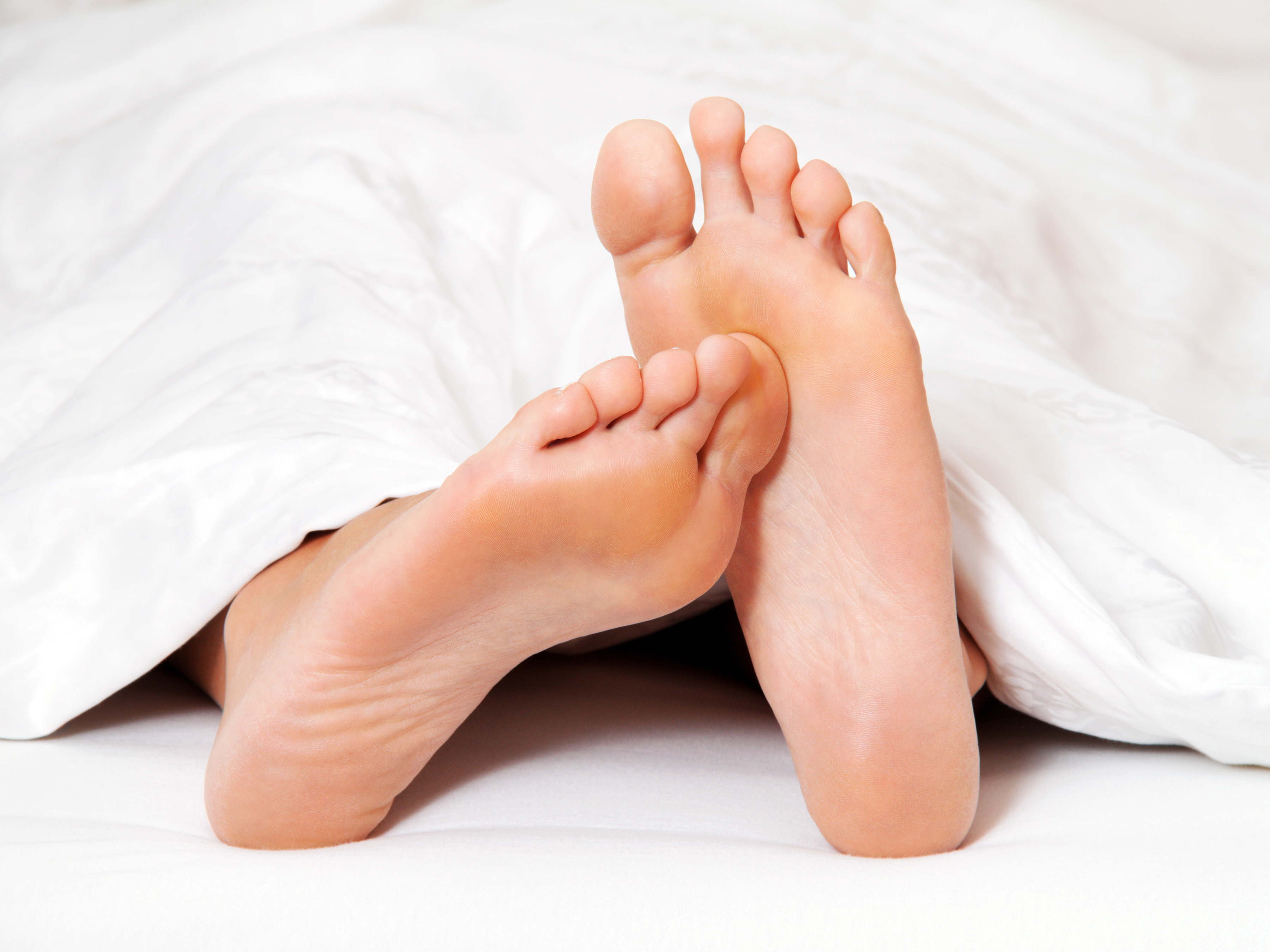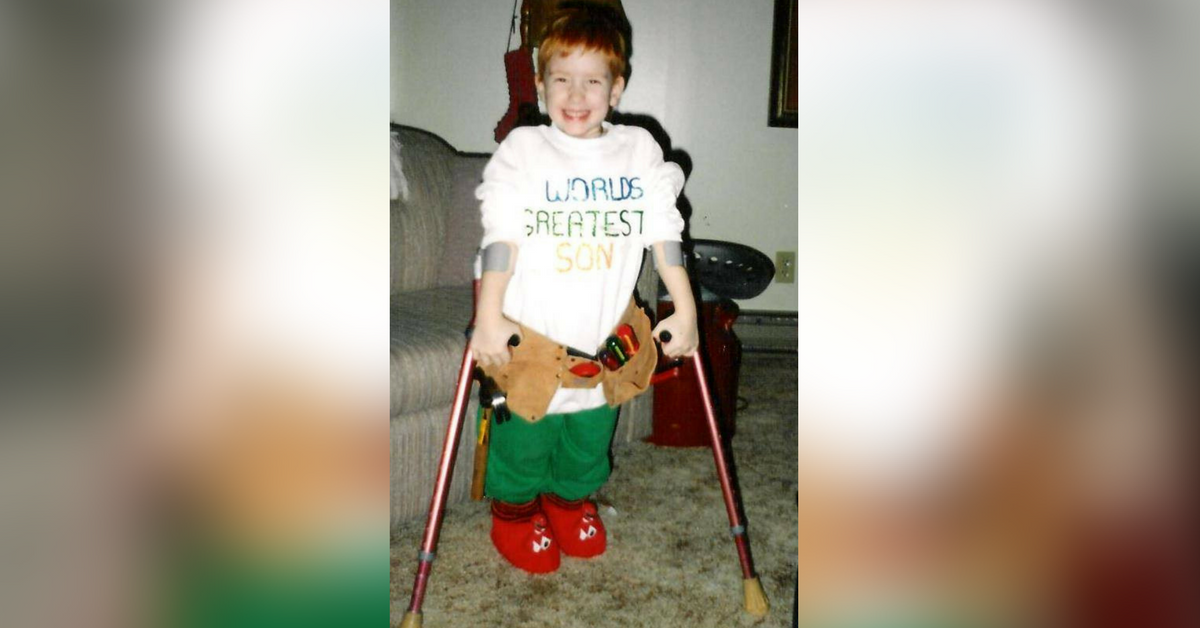There are a few disorders out there that aren't easy to diagnose. The symptoms usually disguise as that of another ailment or they may not flare up until it is too late.
Restless leg syndrome (RLS) falls in the category of hard-to-diagnose health problems.
RLS is a neurological disorder that causes discomfort in the legs and an irresistible urge to move them. The disorder affects about 10% of Americans and can occur without a specific cause. However, the symptoms worsen in individuals with arthritis, diabetes and anemia. On certain occasion, pregnancy has been linked to its cause.
If you suspect that you may be suffering from this syndrome, there are some signs to watch out for in order to get the best treatment.

People who have been diagnosed with restless leg syndrome experience uncomfortable sensations in their legs including tugging, the feeling of pins and needles and itching. These symptoms worsen when resting or sleeping at night. Hence why it is also considered a sleeping disorder.
Moving one's legs will generally alleviate these symptoms but they return as soon as you return to a resting state.
Experts recommend eliminating alcohol from your diet to help relieve some of the symptoms. There are medications available to control some of the pain and discomfort, but they lose effectiveness over time.
Applying heat on the legs, massages, placing a bar of soap under your bed sheets and good sleeping habits can help treat this complication.
There are no medical tests to diagnose RLS but if you suspect you may be suffering from it, don't hesitate to go to a doctor.

